There are times when the philosophy of government runs headlong into the realities of government.
There was the philosophical decision by City Council for better staffed libraries with longer hours that could never clear the bureaucracy, there was the philosophical decision to support Pre-K by the Shelby County Board of Commissioners but not to the funding level that is needed, and then there is Audubon Park.
A few weeks ago, a senior manager in the Wharton Administration suggested that perhaps conservancies – and we presume, by extension, other nonprofits – have too much power and control over parks and other city assets.
It’s a topic that is not inconsequential to the philosophy of city government in light of the many nonprofits managing city property – from the zoo to the riverfront – and it reflects some rumblings that are heard from time to time in the community about issues that revolve primarily around equity and diversity. Meanwhile, services besides police and fire are underfunded and that is unlikely to change for years.
Philosophy, Meet Reality
The trigger for the recent comments was the conflict over greensward parking at Overton Park and the role of Overton Park Conservancy in representing the best interests of all park users. However, the backdrop for the comments was a request from some in the Medical Center to take over management of Morris Park on Poplar at North Manassas, much as management of Health Sciences Park (formerly Forrest Park) was transferred from City of Memphis to University of Tennessee Health Science Center several years ago.
And then, there is Audubon Park. About 10 months ago, the University of Memphis announced that it was in talks with city government to take over management of Audubon Park. There were questions raised about whether it was good policy or sound philosophy to envision a future in which all major parks in Memphis were under control of non-city entities. There were questions about whether in the focus on the major parks, the backbone of the city park system – neighborhood parks – were going to be left without benefactors.
The questions were relevant and worth debating, but it’s hard to consider the philosophical aspects of the discussion when confronted with the grim realities of Audubon Park.
In the park, Memphis Botanic Garden is an island of well-kept beauty in an ocean of decline. It is of course interesting to note that the Botanic Garden is managed by a nonprofit organization through a contract with City of Memphis.
Sad State of Affairs
Meanwhile, a three-minute walk takes visitors to the general park area. There, playground equipment is rusting, wood is rotting on buildings and on the playground, trash and broken glass are common, the lake is fighting a battle with green scum, the grills are neglected, and picnic facilities are deteriorating.
In other words, even if someone questions the philosophy of major park management, it’s impossible to ignore the realities of a park that was once a jewel in the nationally-recognized Memphis park system and is now a despairing shadow of its former self. As someone visiting the park for the first time in years said: “It makes you wonder what neighborhood parks must be like” if a major regional city park is in such “deplorable shape.”
The park deserves better, and certainly its users do. Because of it, it’s hard to imagine a future that won’t see more nonprofit management than less. Faced with a budget crisis that may stretch out for years, City of Memphis will not have has the money needed to restore parks to their former condition for a long time.

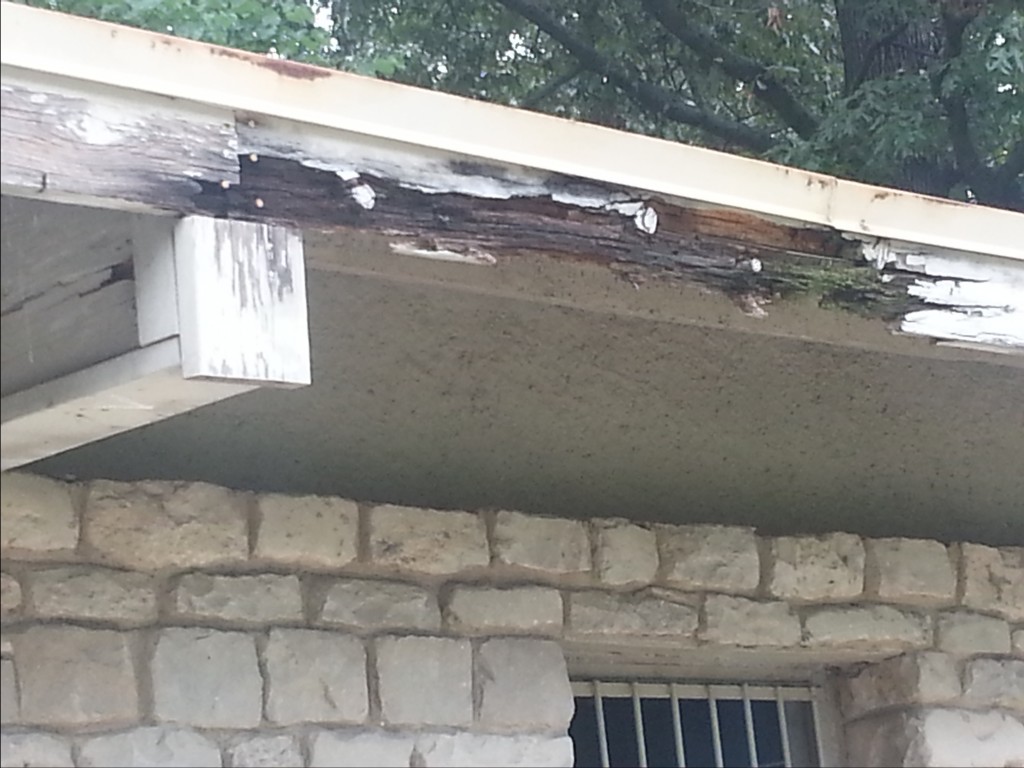
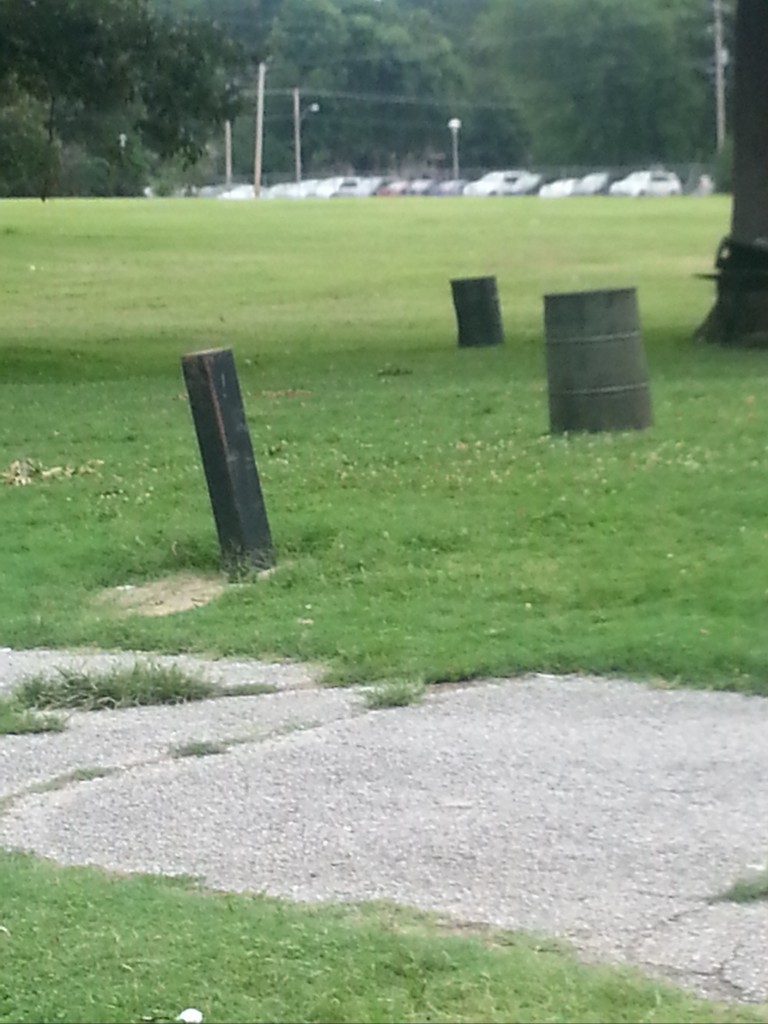
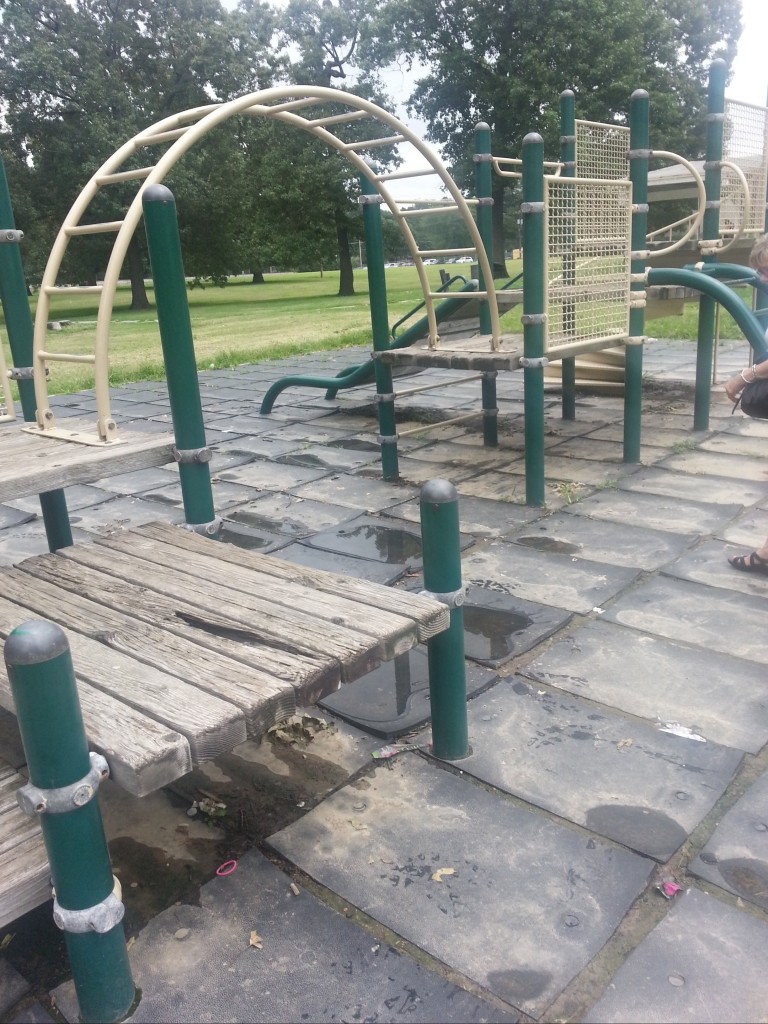
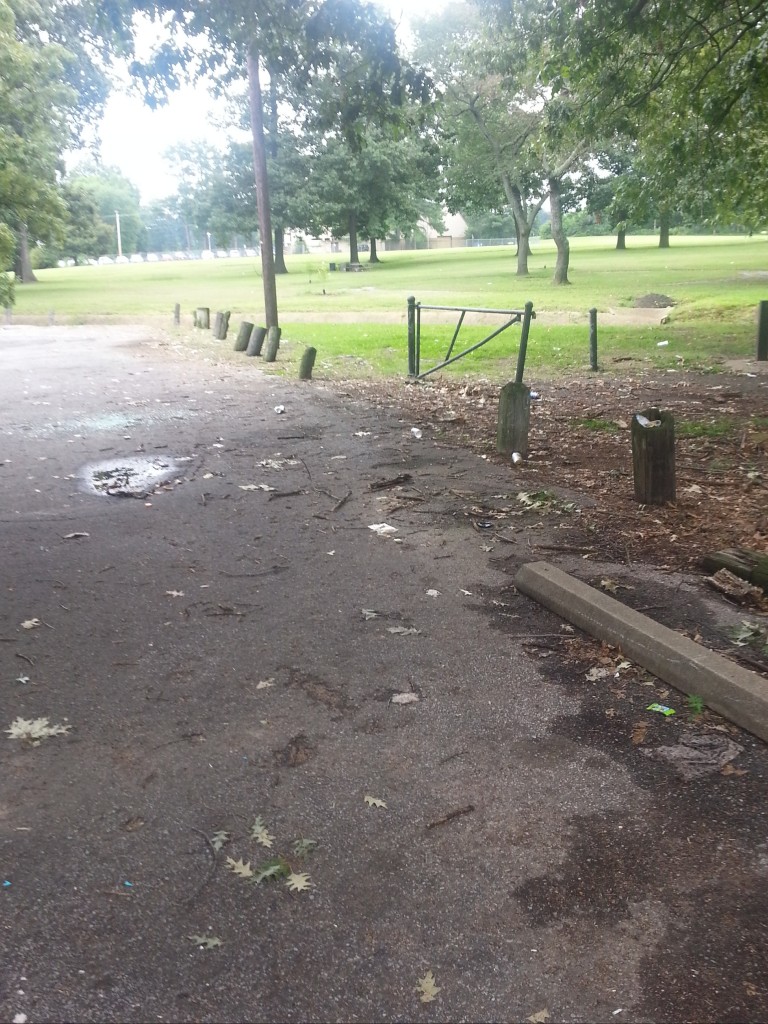
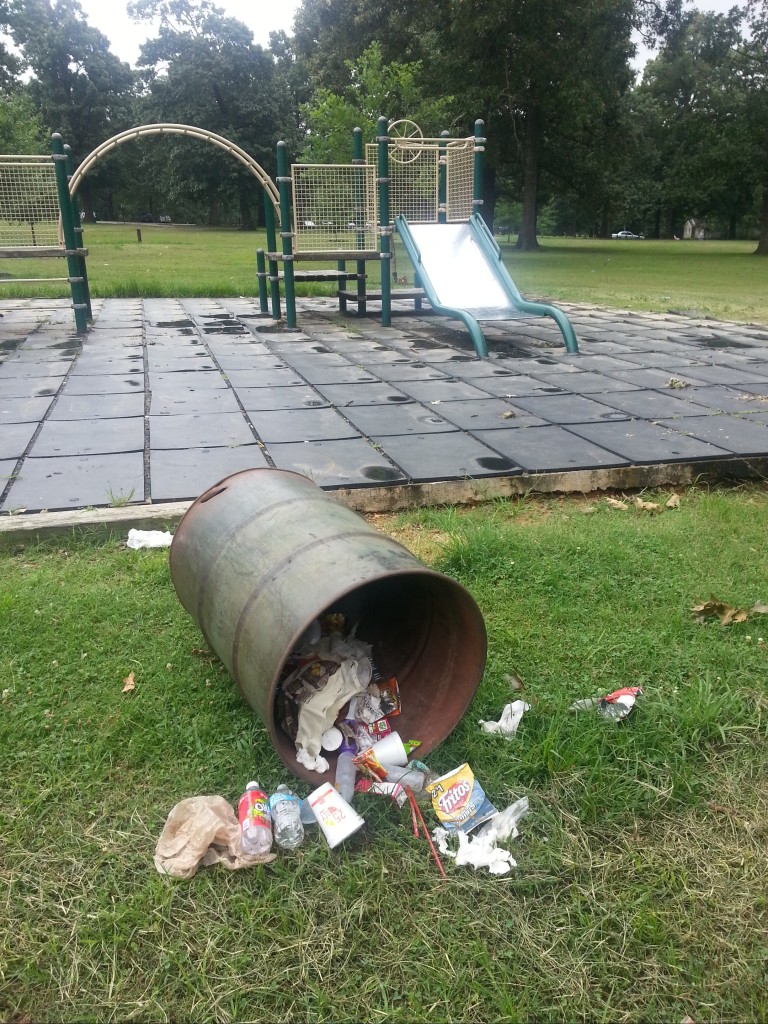


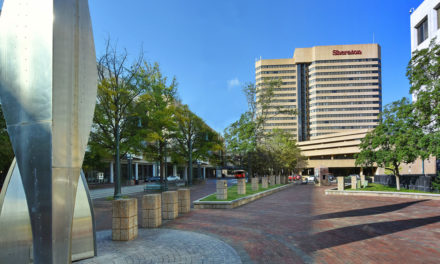

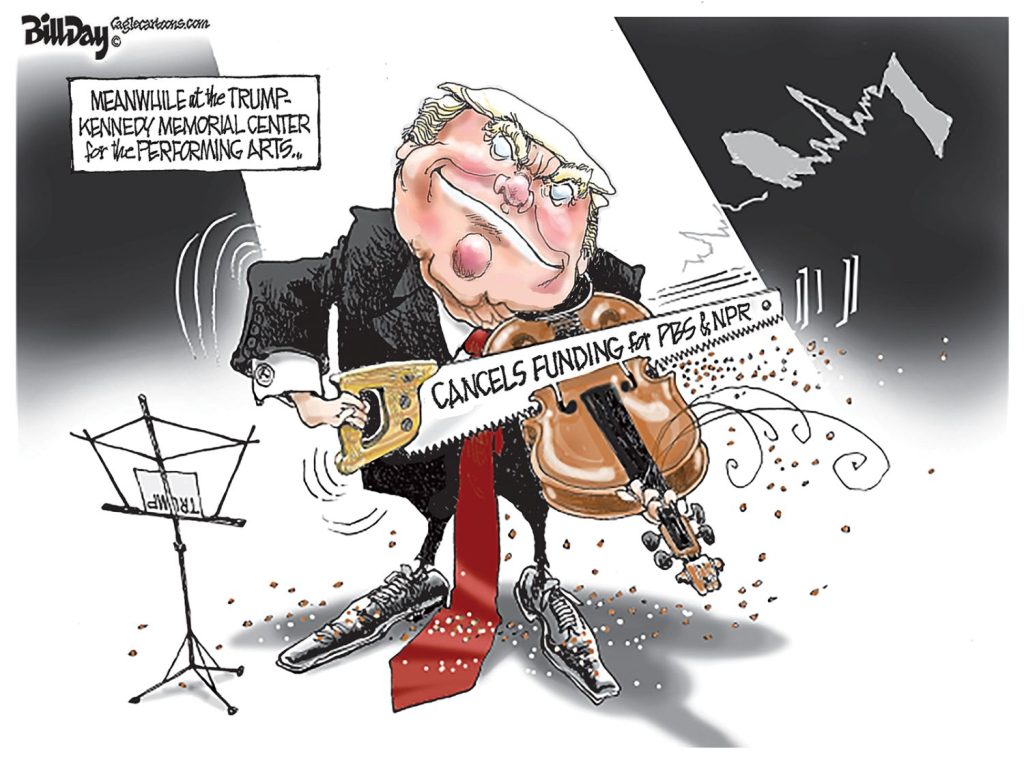
OPC has done an outstanding job at improving Overton park. Anyone debating the merits of their efforts is revealing their disconnect from the park’s current state, the improvements made under the OPC management and the public process used to inform those improvements.
If an Audubon conservancy forms that is a equally effective as OPC has been than I say go for it. There will always be cries of exclusivity when private management comes into play. But to be fair, I think we need to recognize that inclusiveness is a moving and subjective target. Equal neglect of all our parks for sake of exclusivity is not a compelling reason for preventing private investments that improve our public shared spaces. For example, OPC installed new bathrooms, reimagined and subsequently built an amazing new playground,dog park and continues make improvements to the park. All this in time span of less than 3 years.
With our Public parks department consolidating, they will never be able to be as nimble and responsive as a smaller conservancy. As long as the private entity genuinely makes a continuing effort to reflect the public sentiment, especially for Memphians that actually use the park, then we have a winning scenario. Save money for the city while maintaining and improving our parks!
Aaron- Spot on.
Thanks Urbanut. And I meant to say “for the sake of inclusivity.”
Great points on Audubon Park. The park is my back yard. I pondered for the past 6 months what it would look like for a Conservancy to take over management of the park. I have sought early input from various interest groups on Reddit and Facebook. The conclusion is that the park could be so much more.
Even in its woefully underfunded, unattended state, the contiguous park area includes some major community features: one of the two successful public golf courses in town, a playhouse theatre, concert venue, botanic gardens, a tennis center, and an art museum. Exceptional, and without anything remotely resembling attention from the city.
I don’t know the back story behind the Wharton Administration considering conservancies “too powerful,” but it should consider this: Overton and Shelby were merely existing prior the conservancies. Today they are thriving.
Audubon is heavily used. On a nice evening, there may be a few hundred people out enjoying the western (bordering Goodlett) portion. People walking, jogging, workout classes, families on the playground, family reunions, peewee football teams practicing (4 teams out there today), plus loads of others hanging out. Not even considering the other areas of the park.
Some simple things to do: add a disk golf course, add a driving range, have an arborist care for the trees that fall with every storm, provide basic landscaping throughout the park, level out a true playing field with some bleachers for little athletic teams, fence off a little dog park with water provided, etc. Other issues: keep cars off the grass, provide on-street parking all the way around the park, provide an actual jogging trail around the whole park(see the southern ave running “trail”), have someone responsible for the park to spot litterers and other troublemakers.
Would love other points or direction. There is just so much that could be done, and it needs to happen.
http://www.reddit.com/r/memphis/comments/20qdw6/audubon_park_20/
https://www.facebook.com/photo.php?fbid=10101999809742111&set=a.10100394637530091.2643687.7017715&type=1
Ethan,
These are all great ideas and are issues that could be addressed with a conservancy model which will be more apt to provide the type of micromanagement that outstanding parks require. Aaron’s comments above really target why, under city management, Audubon will be unable to achieve its full potential.
In a perfect world, public parks would not need to be managed by conservancies and non-profits because our city (and others) would not see them as simple luxuries, the fortunes of which rise and fall from year to year and are used a political footballs. As we all know, our world is not perfect. It seems that the conservancy approach, at least for the city’s major parks, is our best option to prevent what should otherwise be local, city, and regional civic assets from becoming liabilities that discourage use and encourage the spread of blight.
I’m all for better park management, but the solution is not privatization, nonprofit or not. The solution is reinstatement of the Park Commission, robust public participation in planning and funding priorities that reflect the needs and desires of the residents and taxpayers of the City of Memphis, rather than the whims of tourist/convention center interests.
I’m with Scott on the better structure, but even with it, there’s still not enough money to get the parks back up to what they used to be. As we’ve seen, it doesn’t matter how loud we say we want more money spent on our neighborhoods, nothing changes. That’s why the conservancies had an opening, so they can bring more money to make the parks what they should be.
I wish it could still work that way too Scott, but I think Frank is correct in his assessment. I just don’t see public funding moving into our parks system anytime soon. In the meantime, conservancies provide a practical compromise for moving forward to improve our parks. Personally I am sick of planning which is why OPCs work in Overton Park is such a refreshing breathe of air. They make a plan, based on robust public input and then execute.